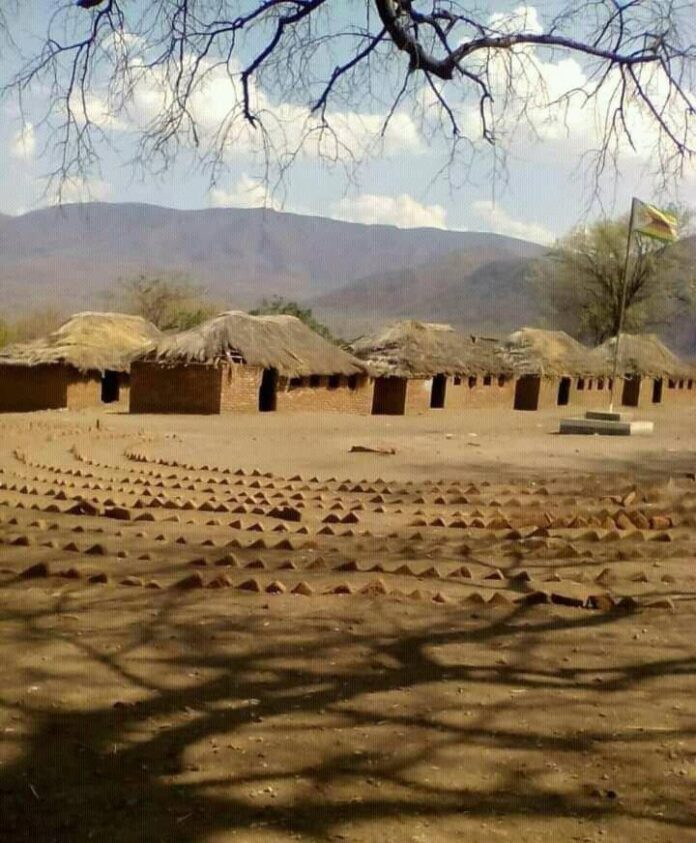Staff Writer
Government should defer the 2020 schools public examinations to March 2021 and at the same time introduce an education equalisation fund as prescribed by the Nziramasanga Report of 2000 to help address the myriad of problems bedevilling the country’s education sector, the Amalgamated Rural Teachers Union of Zimbabwe has said.
In a report titled Education in Crisis prepared by ARTUZ’s research department, the teachers’ union gave a list of recommendations to government to help pull the education sector out of the crisis it finds itself in.
Zimbabwe’s education system was already crisis ridden before the COVID-19 pandemic and the disease’s outbreak including related restrictions that came with it exposed fault lines and compounded the problems.
Public examination which are administered by the Zimbabwe Schools Examination Council start on December 1 this year with Grade 7, Ordinary and Advanced Level pupils going on a crush programme since resuming studies on September 28 after close to six months without taking any formal lessons.
ARTUZ argues that the Zimbabwean education system is trapped in a multifaceted crisis exacerbated by the COVID-19 pandemic while government has cut spending on education.
The union further states that parents are severely incapacitated in funding their children’s education, teachers are underpaid and face unprecedented repression when they demand better salaries.
“Government’s response to resolve the crisis in education is inadequate, lacks strategy and is badly underfunded,” ARTUZ said.
Teachers are boycotting lessons while defying government calls to resume work after the reopening of schools late last month citing incapacitation due to poor remuneration and unavailability of personal protective equipment for use by both teachers and pupils.
“Introduce an education equalisation fund as prescribed by the Nziramasanga Report of 2000. The fund should receive funding from tax on our mineral wealth and other revenue flows. The fund will be dedicated towards infrastructure development in needy communities such as rural areas. Defer 2020 examinations up to March 2021 to afford learners more learning time.”
ARTUZ says the government should meet the Dakar Declaration minimum for education funding, align labour laws to Section 65 of Zimbabwe’s constitution and implement Section 75 on funding of basic education.
“Prepare a grade transition plan from 2020 to 2021. Engage all Teacher Unions in genuine dialogue to resolve the salary crisis,” ARTUZ said.
ARTUZ wants fellow teachers’ unions to revive the Federation of Zimbabwe Educators Union to enhance unified advocacy on education and labour, produce and popularise an education in emergencies charter advising government response strategy during emergencies and upscale the fight for a living wage to restore teacher dignity.
Learners lost at least six months of learning from the schools’ COVID-19 induced closure of March 24 this year because Zimbabwe’s education system is not compatible with remote learning.
“Learners are not ready for learning after going through different traumatic experiences during the lockdown.
“Supporting pillars for education have collapsed due underfunding of education. Government’s response plan has been inadequate and is not being implemented.”
Government’s response to resolve the crisis in education has been inadequate, lacks strategy and is badly underfunded, ARTUZ argued.
Primary and Secondary Education minister Cain Mathema was recently a targets of social media brickbats when he threatened teachers to go back to work or face expulsion and be replaced by 10 000 unemployed but trained teachers.
However, observers said Minister Mathema was out of depth and uninformed because Zimbabwe needed more teachers than the 10 000 teachers he said were ready to take over classes in the absence of their employed colleagues.
The unemployed teachers have also stood in solidarity of their colleagues who are on strike indicating that they would want to be employed under similar conditions leading to their economic challenges and, subsequently, incapacitation.














